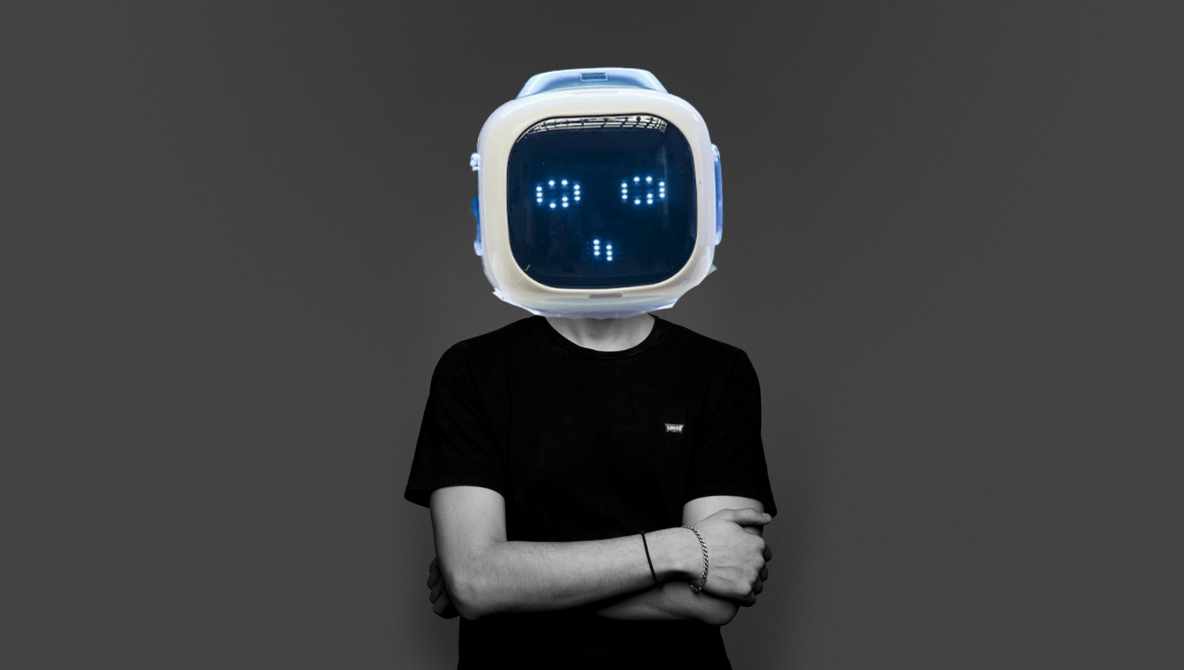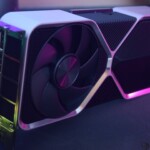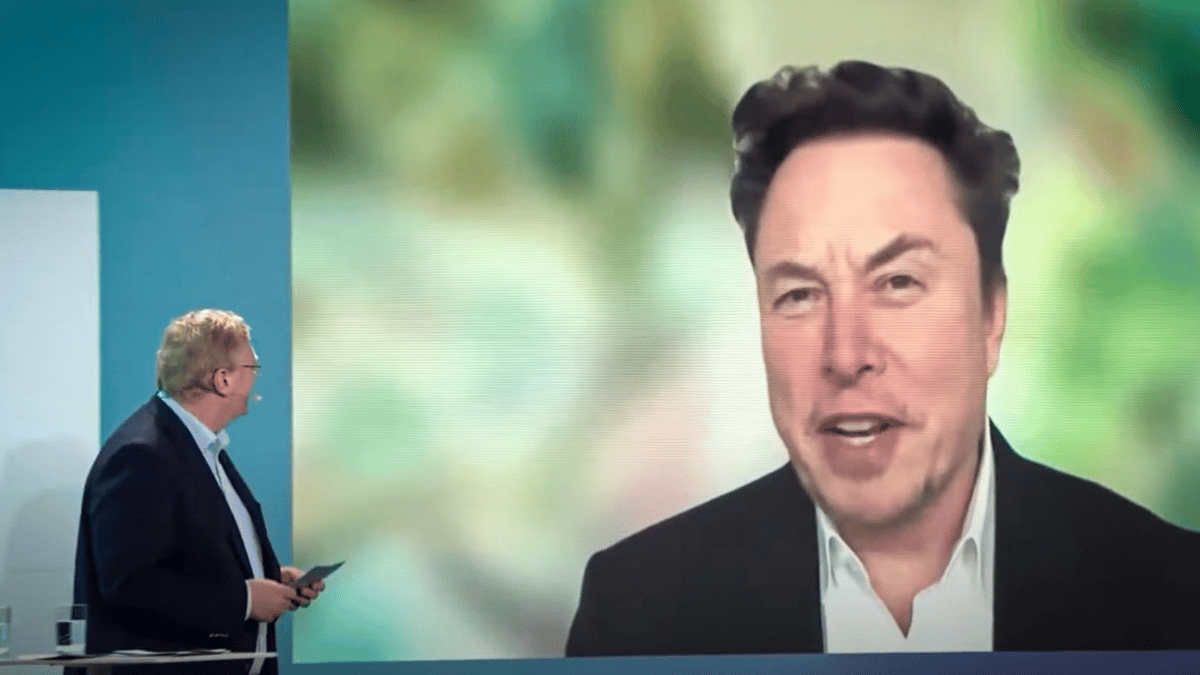Introduction
One of the most common questions I receive pertains to artificial intelligence (AI) and its impact on various professions, particularly in the realm of acting. There is a prevailing concern that AI might encroach upon traditional job roles, potentially jeopardizing careers. However, I hold the perspective that AI is not solely a threat but also a creator of employment opportunities. In this discourse, I aim to outline reasons why apprehensions regarding AI should be mitigated while also highlighting areas deserving of focused attention.
AI Exploration and Utilization
My engagement with AI has been both exploratory and pragmatic, leveraging its capabilities to streamline and expedite various mundane tasks. On occasions, I have even indulged in AI-generated interactions for amusement, especially during monotonous and tedious text exchanges. The evolution of AI technology has been remarkable, with advancements such as those by Boston Dynamics transitioning from subjects of jest to integral components in government and military operations. This rapid technological progress, though not as meteoric as two decades ago, has significantly reshaped our world. While visions of AI may have seemed distant in the past, the reality of its integration has swiftly transformed numerous sectors, displacing roles such as copywriters, prompting educators to combat plagiarism from AI sources, and instigating concerns among artists regarding the uncanny proficiency of AI-generated art.
The Impact of the Industrial (AI) Revolution
It is undeniable that AI has the potential to displace certain occupations, a phenomenon not uncommon with technological revolutions. Just as the industrial era rendered numerous jobs obsolete and the advent of the internal combustion engine diminished the reliance on horses worldwide, technological progress often leads to shifts in employment landscapes. However, unlike horses, humans possess an innate capacity for adaptability and learning.
Embracing New Technological Paradigms
Upon the introduction of a new technology, individuals typically fall into two categories: early adopters who ride the wave of innovation and those who struggle to acclimate, eventually succumbing to obsolescence. The assimilation of groundbreaking technologies often entails a learning curve, as is the case with AI. Consider the transition from film to digital photography—a watershed moment that divided photographers into proponents of the new medium and staunch defenders of traditional film. While some embraced digital photography for its liberating features, others clung to the belief that film was irreplaceable. However, history reveals that technological evolution is relentless, and those resistant to change risk being left behind.
Navigating the AI Terrain
In the realm of photography, AI stands poised to revolutionize certain aspects of the craft, potentially automating tasks traditionally performed by professionals. Individuals whose roles primarily involve repetitive actions, akin to pressing a button, may find their functions supplanted by AI-driven solutions. To remain relevant in an AI-infused landscape, adapting one’s skills to complement AI capabilities is imperative. By upskilling in AI and merging this expertise with photography, professionals can harness the symbiotic relationship between human creativity and technological innovation.
Embracing Creativity Amidst AI Integration
For practitioners engaged in more artistic and imaginative pursuits, AI serves as a complementary tool rather than a competitive force. While AI can execute tasks efficiently, the essence of creativity remains uniquely human. The ability to infuse personal vision and intention into artistic endeavors distinguishes human creators from AI algorithms, ensuring a distinct and irreplaceable creative voice.
Moving Forward: Embracing Creativity Over Concern
In essence, the creative process is inherently human, shaped by a myriad of experiences and influences that define individual perspectives. Rather than fixating on the perceived threat of AI, emphasis should be placed on nurturing creativity, seeking inspiration, and honing one’s craft. As creators, we hold the power to imbue our work with authenticity and depth, transcending the capabilities of AI-driven tools. While AI may streamline certain aspects of production, the essence of artistry lies in the unique imprint of human ingenuity.
Share Your Thoughts
What are your reflections on artificial intelligence and its impact on various professions? Do you harbor concerns about AI encroaching upon your career trajectory? Feel free to share your insights in the comments section below.










